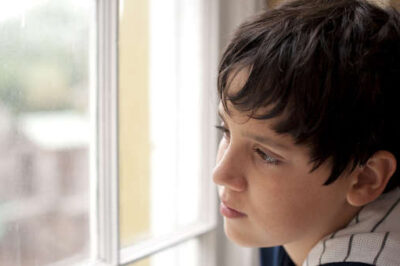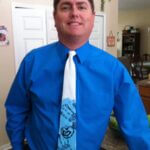The number of American children suffering from autism has skyrocketed over the past 40 years, and now the condition affects more than 2 million in the United States.
According to the Centers for Disease Control and Prevention, the current diagnosis rate is about 1 in 68 children, a tenfold increase.
In boys, the condition is even more common, about 1 out of 42, compared to 1 in 189 girls who are diagnosed with autism.
Fortunately, almost every month brings scientists closer to understanding exactly what causes autism and how to treat it.
Some recent studies found the following treatments, tests and drugs are of benefit to autistics:
Water pills. An inexpensive generic drug used to treat high blood pressure may relieve some of the behavioral symptoms of autism, especially in those with milder forms of the condition, according to a study published in the journal Translational Psychiatry.
The drug bumetanide is usually used to reduce excess fluid in patients with heart disease, but it also appears to alter the function of gamma-aminobutyric acid (GABA), chemical messengers in the brain whose function appears to be affected by autism. In a human study, side effects were mild.
Low-glycemic diet. Pregnant mice prone to autism were fed a high-glycemic or low-glycemic diet and their offspring kept on the same diet after birth. Young mice that ate the high-glycemic diet showed typical symptoms of autism, and their brains showed they were developing fewer neurons than mice fed the low-glycemic diet.
The mice on the high-glycemic diet also showed more inflammation, which some scientists have associated with autism. The research, conducted at the Salk Institute was published in the journal Molecular Psychiatry.
Sleeping sickness drug. Some experts believe that autism is the result of cells not communicating normally. Researchers at the University of California, San Diego School of Medicine found that a drug used for treating sleeping sickness since 1916 restores normal signaling between cells, and reverses autism—like symptoms in mice after a single dose.
The drug suramin was only effective for five weeks, and can’t be taken long-term because of side effects, but researchers hope that newer drugs may need to be given only during sensitive developmental periods to allow a better response to other behavioral and occupational therapies.
Diagnosing autism quickly is essential for early treatment, but currently there is no medical test. Here are two advances in diagnosis:
Sniff test. Normally, when you sniff something unpleasant, you can reduce the airflow in your nose to avoid inhaling it.
But researchers at Israel’s Weizmann Institute of Science discovered that children with autism can’t make those adjustments, and sniff the same way regardless of whether the smell is pleasant or unpleasant.
The scientists created a device which allowed them to deliver odors through the nose and measure a child’s nasal airflow in response to pleasant or unpleasant smells.
Children without autism adjusted their airflow within 305 milliseconds after smelling an odor, but the airflow didn’t change at all in children with autism.
The test was 81 percent accurate in diagnosing autism.
Eye-tracking technology. Children who have autism have advanced perceptual skills in infancy before the onset of clinical symptoms, says a study published in the journal Current Biology.
By tracking how fast an infant could follow letters that popped up on a screen, researchers found that those with enhanced searching ability at nine months showed more symptoms of autism at two years. Children with autism, for instance, had a superior ability to pick out an odd item in a series, such as the letter S in a string of Xs.
New findings are proving that not all aspects of autism are negative.
British psychologists found that while people with high levels of autistic traits tended to produce fewer responses when presented with a problem, the responses they did have were more original and creative than responses from non-autistics.
For the original article, visit newsmaxhealth.com.








Leave a Comment
You must be logged in to post a comment.